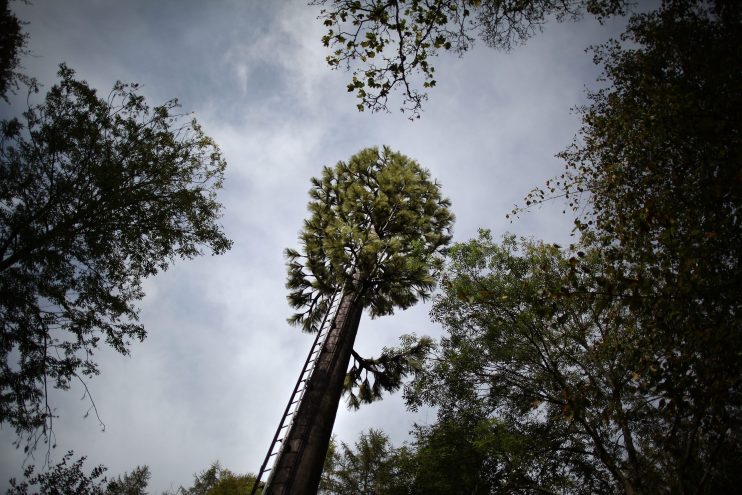Mobile networks reach compromise over rural mast-sharing plans

The UK’s mobile networks have signed off on a deal to banish so-called signal not spots in rural areas, despite squabbling over how to split the costs of the venture.
Chancellor Rishi Sunak is set to unveil the £1bn agreement in the Budget on Wednesday as part of a plan to improve 4G coverage across the country.
The deal, which was first outlined in October last year, will bring extra coverage to 280,000 premises and 16,000km of road. The industry will collectively fund up to £532m of the deal.
However, City A.M. understands the tie-up will be a “watered down” version of the government’s original plans after the four mobile operators — O2, Vodafone, BT and Three — squabbled over the terms.
Under the original plans the companies were set to create a shared rural network, requiring them to share masts to ensure mobile coverage from all operators in all parts of the UK.
However, the talks came close to collapsing after EE owner BT, which has the largest network of the British operators, proposed charging higher rates on some of its sites.
It is understood that an agreement has now been finalised by all four firms, though in some areas new masts will be built only by O2, Vodafone and Three, with BT operating its own equipment.
As a result, it is understood the government’s plans to bring coverage from all four operators have been scaled back.
However, it is still aiming to hit 95 per cent coverage across UK landmass from at least one operator. It is not clear if this can still be reached by the original target date of 2025.
One industry source told City A.M. branded BT’s demands “greedy”, but said securing a deal between rival telecoms operators was a significant achievement.
BT has previously defended its actions as a “far simpler and more pragmatic”, adding that it was fully committed to the shared network.
The government will this week also confirm plans to pump £5bn into the rollout of full-fibre broadband across the UK.
Prime Minister Boris Johnson last year unveiled an ambitious pledge to deliver the next-generation network to every home in the UK by 2025.
The proposals are set to bring superfast broadband in the 20 per cent of the country that is hardest to reach, with more than 5m homes and businesses benefitting.
“We are committed to levelling up across every region and nation in the UK, and that is why we are making the largest ever public investment into broadband,” said Sunk ahead of his Budget speech.
“This investment delivers on our promises to the British people, boosting growth and prosperity across the country.”